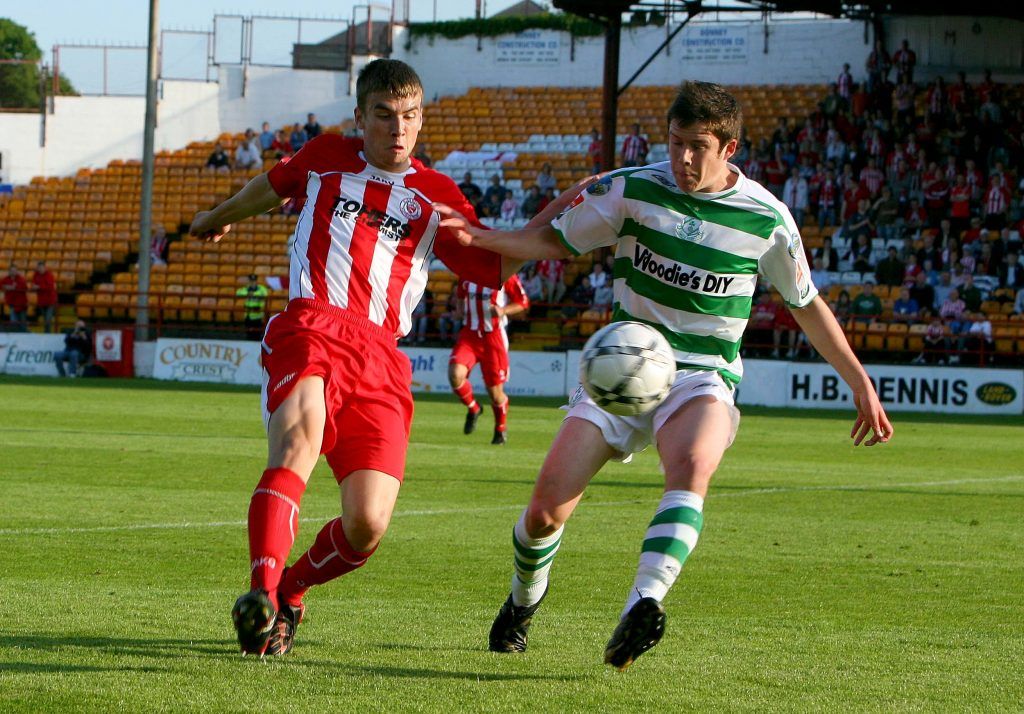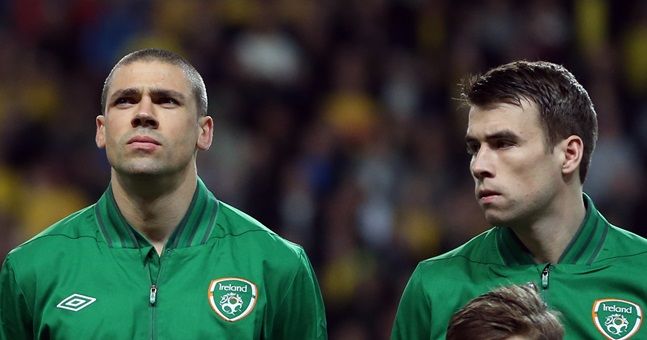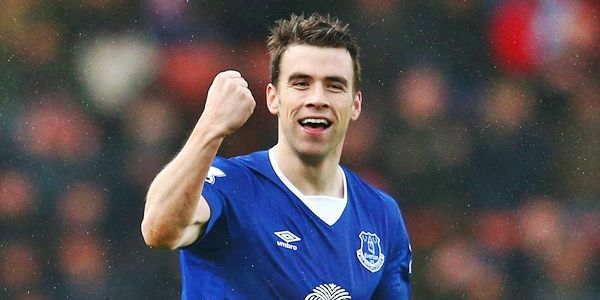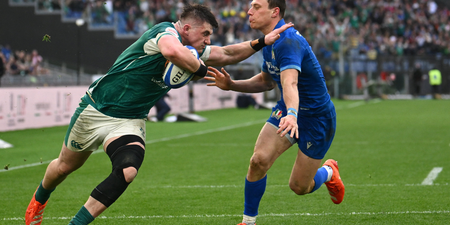By EAMONN DONOHOE
The Beatles were once famously rejected by Decca Records, while Harry Potter was turned down more times than the bedsheets at the Four Seasons before JK Rowling eventually became the first female billionaire novelist.
And Seamus Coleman’s career could have finished before it started had one manager kept his job for a month longer.
History is littered with stories of poor judgement calls and despite having never taken charge in a competitive match, Rob McDonald has become one of the most infamous names in League of Ireland history, widely known as the man who didn’t rate the Everton and Ireland’s right back, now seen by many as one of the finest in his position in the world.
Former Sligo Rovers manager McDonald, who quit the club four days before the start of the 2007-08 season, can only laugh at his own misjudgement.
“I had my doubts, but I’m pleased to say he’s proved me wrong.”
“Seamus was really shy, and I mean really shy,” he says of Coleman, who has twice captained the Republic of Ireland senior team.
“Whenever I’d ask him how he was, he’d say ‘grand’. Nine times out of 10, he’d say ‘grand’ and I’d ask him ‘Seamus, why do you keep saying you’re grand all the time?’”
McDonald, an Englishman who had played and coached in Holland and Portugal, could be forgiven for misreading the nuances of the North West vernacular. In the same way as ‘five minutes’ can mean anything up to an hour, ‘grand’ can range from terrible to tremendous. However, he suspected something was wrong.
“I just looked at him and thought ‘do you really want this?’ It turned out that he was having some personal problems at home and I didn’t know the ins and outs or how serious it was. It was really affecting his play but thankfully it got sorted out,” said McDonald.
“Defensively, he wasn’t the best back then, and positionally too. You could say that those are still the parts of his game where he’s not at his best now. For Everton, Coleman and Leighton Baines get forward all the time and it so often leaves them exposed at the back.
“At Sligo, I wanted to play a 4-3-3 formation and I saw Seamus as a right-sided midfielder in that system. Wingers need to stand sideways on to the play but Seamus needs the game to be in front of him, he needs to see the space to run into and realistically I thought he wasn’t going to be in my first team. There was never a moment with him where I thought ‘wow’.”
McDonald’s spell at the Showgrounds came to an abrupt early end when a dispute with the club saw him walk away days before the 2007 season began. Coleman has spoken of this as a defining moment in his career, claiming the manager told him he wasn’t in his plans.
“Seamus wasn’t performing well in pre-season. I thought that he didn’t seem happy and when I’d ask, he’d just keep saying he was grand. There’s nothing worse for a manager. I had my doubts about him but I never said to the board that I wanted to get rid of him.
He may be unrecognisable from the awkward 18 year old who struggled to fit in at Sligo Rovers, but in some ways Seamus Coleman hasn’t changed at all.
“I see him giving interviews now on TV and I still see the shyness, and I’m sure it’s not something he enjoys. You hear some stories about the kind of money he earns and for someone who is now one of the best players around in his position you have to think he’s worth more than that.
“He should be demanding what he’s worth, especially when you consider clubs like Manchester United have been trying to sign him.”
Eamonn Donohoe is a journalist and novelist. His new novel, Cabra Cadabra, can be purchased at www.edonohoe.com


















































